This year turned out to be one of the most happening years in the field of healthcare. As expected, thanks to Biotechnology for this. Some innovations got a thumbs up from all over the world while others raised ethical concerns. Either way, researchers showed us a picture of what healthcare is going to look like in the next couple of years.
So in no specific order, let’s have a look at what Biotechnology had to offer in 2018:
RNA Editing tool by Salk Institute
CRISPR has had all of us waiting for something as similar to it for RNA editing. Researchers at Salk Institute have finally found a way; CRISPR-Cas13b enzyme. The enzyme with the support of cryo-electron microscopy can edit RNA.
As stated in Salk news, Dmitry Lyumkis, an Assistant Professor at Salk, said:
”It adds to the breadth of tools that are needed for conducting this kind of crucial biomedical research.”
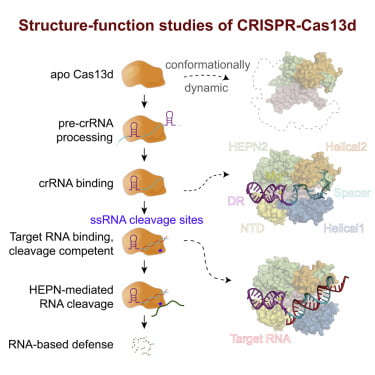
Messenger RNA copies information from the DNA and those messages then decide which protein is to be formed. Different messages code for different proteins. These messages on the RNA are changing. Having a tool that can edit RNA can be a breakthrough in the field of Biotechnology.
The first genetically edited twins born in China
Yes, according to ABC News, the first pair of babies with their genes edited breathed their first in China, a researcher in China claimed.
It is the first time that we are hearing about a genetically edited human baby being born. A lot of countries do not even allow research of such nature. Although the Human Genome Project has made it possible to determine the sequence of the nucleotide base of the human DNA that has, in turn, led to the identification of the faulty genes, trials on humans is still a no-go area.
Researchers in the US are barred from doing research on actual humans as it has made it a matter of ethical concern.
The idea of Genetically Modified Organisms has divided people from quite some time. While we are in the age where scarcity of food has become a pertinent problem, there are still some ethical concerns regarding GMOs, i.e., intervening with nature, playing God, etc., that need to be dealt with. Anyway, having human babies genetically edited is still a major leap.
Artificial Embryos
Back in 2017, when we heard that ‘artificial embryos are coming’ nobody expected that they would come this early. The intriguing idea was aimed at using mouse stem cells to create a synthetic embryo. With no involvement of sperms and eggs, the concept boggled with everyone’s mind.
Researchers in London suggested at the creation of human embryos similarly. Zernicka Goetz, a researcher, working on the project, said:
“Our artificial embryos underwent the most important event in life in the culture dish, they are now extremely close to real embryos.”
She further added:
“We know that stem cells are magical in their powerful potential of what they can do. We did not realize they could self-organize so beautifully or perfectly,”
The purpose of this milestone is not to clone humans as many of you might think. It is aimed at understanding the early miscarriages and other pregnancy issues, causes of which are either unknown or insufficient to lead to a fruitful solution.
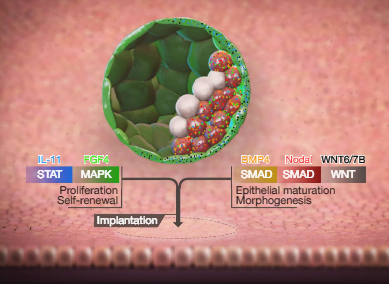
Sociogenomics/ Genetic fortune telling
With the pace at which technological advances are taking place, the world where people will know beforehand what qualities or diseases their baby will come with does not seem impossible. And thanks to sociogenomics that not only the debate over it has started, but the idea is already in the works.
According to this, every baby at birth will be assigned a report card that will have all the details about the genetic risks the baby is born with. The prediction in scientific terms is called ‘Polygenic risk scores.’
Sociogenomics per se is the idea of evaluating a person’s genome taking into account all the social implications attached to that person.
This way, not only the diseases that can be treated before the baby will be known, but it will also allow scientists to come up with probable cures for certain genetic diseases before they get to a stage where they become incurable.
Test to predict Embryo’s intelligence
For now, scientists have discovered a means to predict whether the embryo in IVF (In-vitro Fertilization) technique will have a lower IQ level or not.
According to the firm Genomic Prediction, these genetic tests will be able to identify ‘complex traits’ such as the risk of certain diseases and intelligence. For intelligence, you will be able to predict which embryos are most likely to have a mental disability. Note that the test will show which embryo has a ‘higher risk’ of having a low IQ.
Since it might not sit well with certain people having ethical concerns regarding exalting embryos with higher IQ, the firm’s co-founder, Stephen Hsu, stated:
“I think people are going to demand that. If we don’t do it, some other company will,”
Aimovig (a Migraine preventing drug)
Migraines have emerged as one of the pressing problems at present. The kind of drugs that are prescribed are either not that effective or have side effects that can’t be ignored. Thanks to Amgen and Novartis, we now have a drug that is effective and yet does not have any side effects. Aimovig has been approved by FDA.
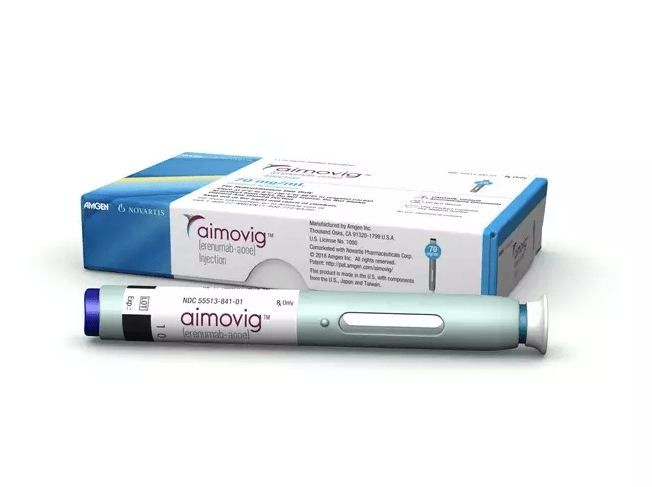
Normally drugs that are prescribed are aimed at reducing migraine. But this one, by targeting molecular interactions, works to prevent a migraine. It is an injection that is given once every month to block the receptors that bind with a neurotransmitter, i.e., Calcitonin Gene-related peptide, bonding of which would otherwise lead to a migraine.
Biktarvy by Gilead Sciences
This FDA approved HIV drug is the first smallest single-tablet treatment containing integrase inhibitor-based antiretroviral regimen. The tablet has not been tested for Hepatitis B. So, the patients with Hepatitis B are strongly advised to have their medical history thoroughly checked first.
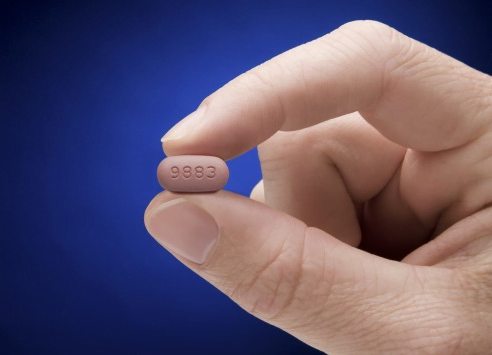
The drug went through a 48-week long trial to test whether the virus develops a resistance against it or not as well as for the side effects. Biktarvy passed both the tests.
Mongee Banana by D&T Farm
D&T Farm is now growing bananas at subzero temperatures that also have an edible peel. The bananas are called ‘Mongee’ Bananas as ‘Mongee’ in Japanese means incredible.

The banana is made without using any kind of pesticides although the pesticides that are sprayed on the bananas are monitored closely so that they are within the safe limits for consumption but what is missed is the fact that while doing so, environmental limits are compromised.
“Even when the fruit are perfectly well below [pesticide limits for humans], you can still reach peak concentrations in the environment that are above critical toxic thresholds,”
-Ng, a researcher working on the ‘Mongee Banana’
JUST Eggs by JUST (a vegan egg)
Not only will the Indians love this idea but Mcdonald’s is all in for it as well. JUST came up with a protein that tastes and looks like real eggs and can be a good substitute for eggs.

This artificially-made egg has a ”39 percent smaller carbon footprint.” It is made from mung bean proteins. This protein when cooked looks exactly like eggs. It could provide a very good substitute for eggs to the vegan population. It can also divide the burden with chickens to keep up with the demands.
Sage’s Postpartum Depression drug
Postpartum depression affects the mothers right after childbirth. There is no medical cure to deal with it. Sage Therapeutics is the first company to have come up with a drug that can treat Postpartum depression.
The drug is called Brexanolone. Researchers at FDA have agreed on putting the drug up for trials. The drug will be sold by the name of ‘Zulresso.’ However, a unanimous decision by the entire panel is yet to take place. If approved, the drug will prove to be a blessing for women going through postpartum depression that may lead to recurrent episodes of depression in later life.
Summing Up
From lab tests to GMOs, this year has seen a little bit of everything. We have entered an era where hearing about the birth of genetically edited babies does not surprise us. Technological innovations have made it possible for the researchers to go beyond their comfort zone and experiment with advanced systems that can help them solve a pressing healthcare problem.
Let’s see what the next year has in store for us. Do let us know what you think in the comments section below!

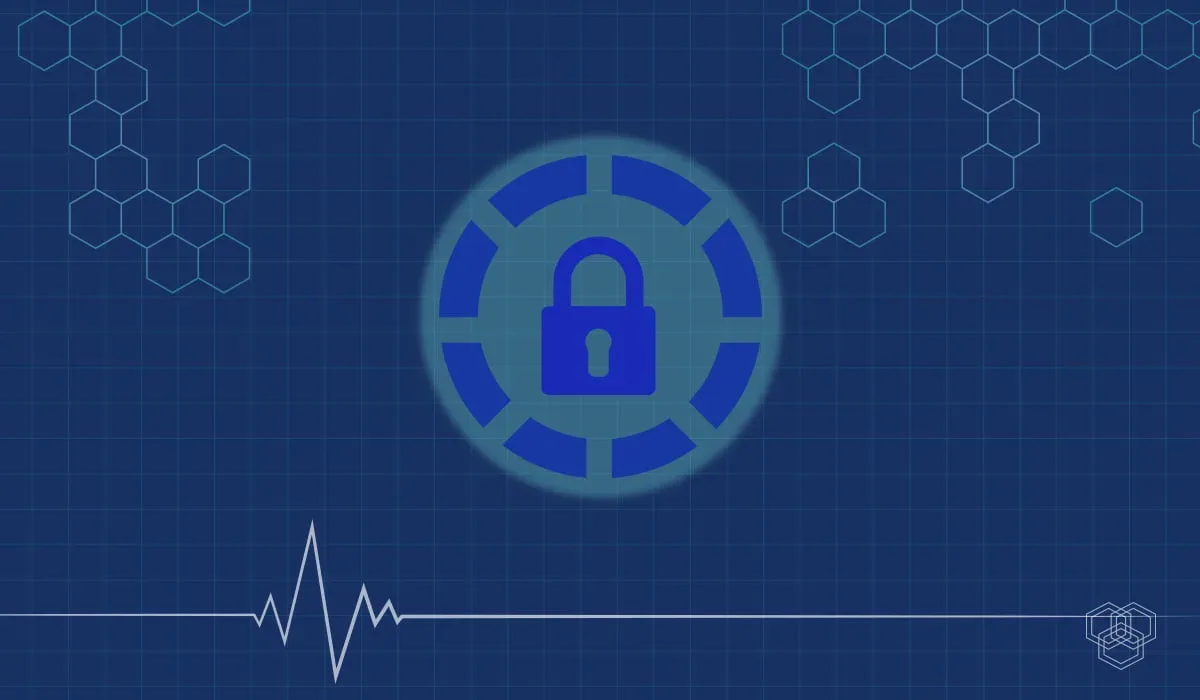
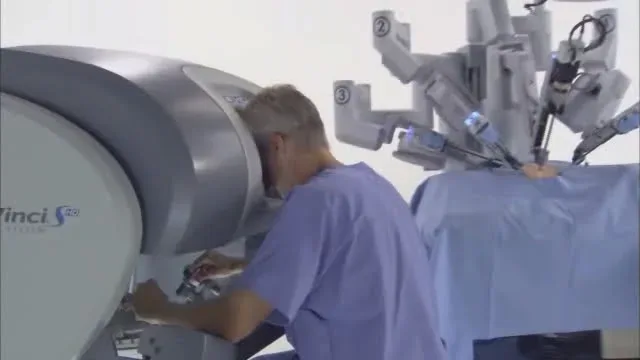
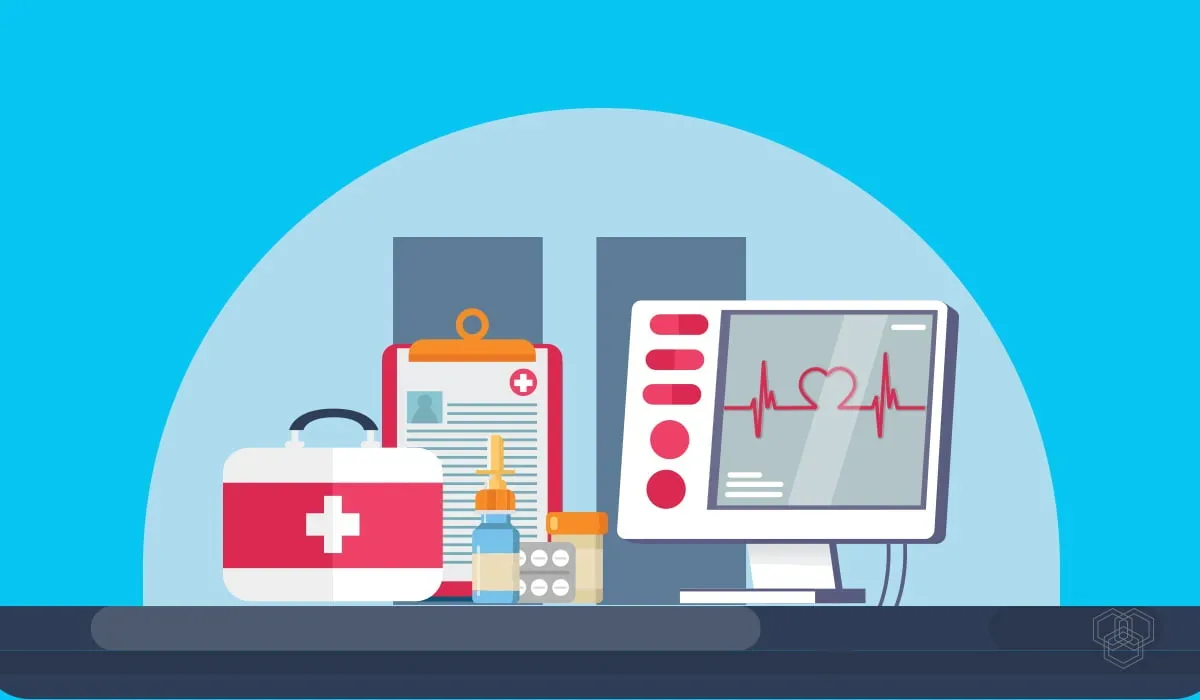

Share Your Thoughts